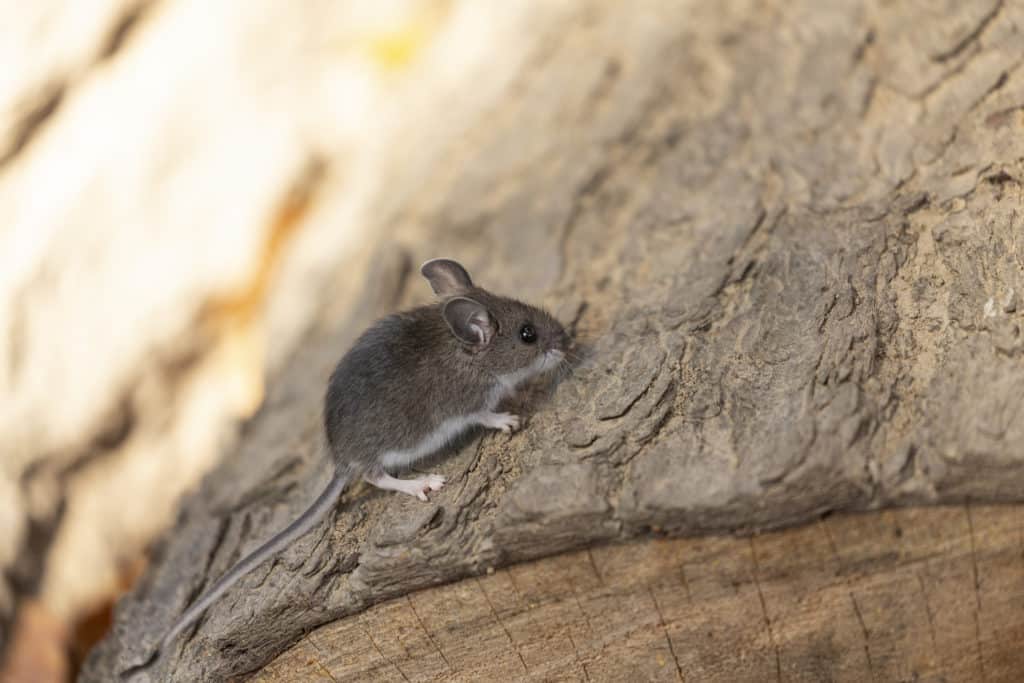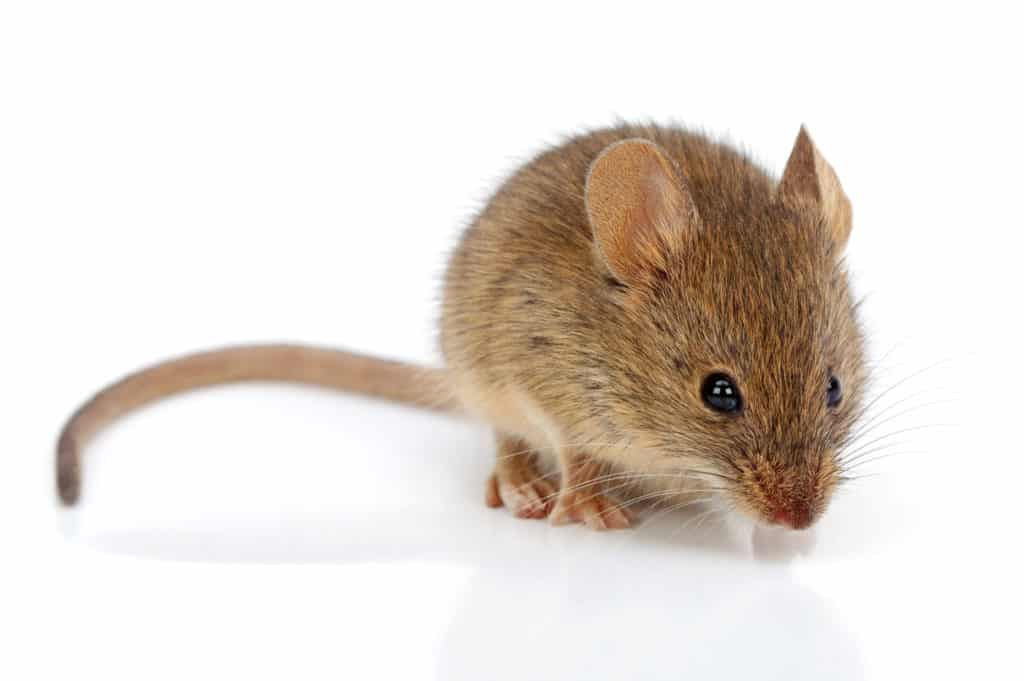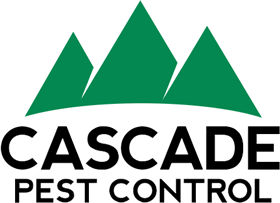Author: Kurt Treftz, Cascade Pest Control
There is definitely some confusion surrounding mouse infestations within the general public in and around the greater Seattle/Puget Sound region.
While our region’s urban and most suburban areas have serious problems with Rats, the rest of us live where mice rule the roost. The entire Puget Sound region is home to a super abundant number of mice—specifically deer mouse–peromyscus maniculatus.
Deer Mouse

Deer mice are native to the area and are encountered in homes in all rural and wilderness areas of the Puget Sound basin. They are also encountered along the “semi-rural” edges of suburban neighborhoods where we find green-belts, parks, ravines, wetlands and the like.
So, where is the confusion?
The confusion that often occurs is that when you research “how to control mice” you often get information on the house mouse—mus musculus, and not information about deer mice.
House Mouse

These ‘house mice’ are a species that is commensal, meaning they live with, or are companions of, human habitation. In many cities and towns throughout the United States this is the prevailing specie of mouse. And we may have small populations of house mice in a couple of our cities within the Puget Sound region. But with our moderate climate laden with moisture and the environment opportunist humans provide them in the cities and suburbs, rats have come to dominate the ecosystem and drive mice and other small rodents out. (Our two species of rats are considered invasive species.)
So, where the rats haven’t pushed out the smaller rodents is in marginal areas of suburbia and rural districts of the Seattle/Puget Sound region. It is primarily in these areas people’s homes are frequently infested with an abundance of deer mice, and in great numbers.
Mice will breed and gestate faster than rats. Deer mice can start breeding at a mere 35 days old, and from there they breed as often as every 3 to 4 weeks! This leads to many mice infesting an attic, or a crawlspace, garage or worse – in enough numbers to spread filth and destroy insulation.
Deer Mice are Often Confused with House Mice
Many in the general public are not aware of the significant differences between the deer mouse and the house mouse. Besides the difference in their physical appearance, there are behavior, eating, nesting, and life cycle differences. Additionally, the damage these mice species cause, and the health risks to humans are important to note as well.
The problem with finding information on the house mouse is that they tend to live very close, perhaps within 15 feet, of their food source. And some ‘do-it-yourself’ pest control information has you approaching the problems as if this is the case—and most often, this is not the case.
The food gathering range of deer mice can be up to ¾ of an acre. That’s quite a distance to be traveling nightly to find food, then return to their nest! That means the mice tunneling and gnawing away in your attic may leave each night and dine at your neighbor’s looking for leftovers in their cat’s or dog’s dish!
Deer mice are well adopted to our climate and conditions and merely find our home’s super convenient shelters and also often sources of food. They’re omnivorous, able to live off the wild in our yards, but they love scraps of our food, pet food, and spilt bird seeds from bird feeders.
Deer mice can climb many vertical surfaces allowing them access into attics and can even live our cars. It should also be noted that deer mice can carry hantavirus and a handful of people in the Puget Sound region have suffered, and even died from hantavirus.
What’s difficult is that mice are so much smaller than rats that they can squeeze through a gap as small as a pencil width. So it’s very challenging to successfully execute total mouse exclusion—the practice of carefully locating all gaps and holes that a mouse could enter your home.
Deer mice are a serious pest, health threat, and their control should be taken seriously.
If you’re encountering a mouse infestation call Cascade Pest Control today 888-989-8979.
